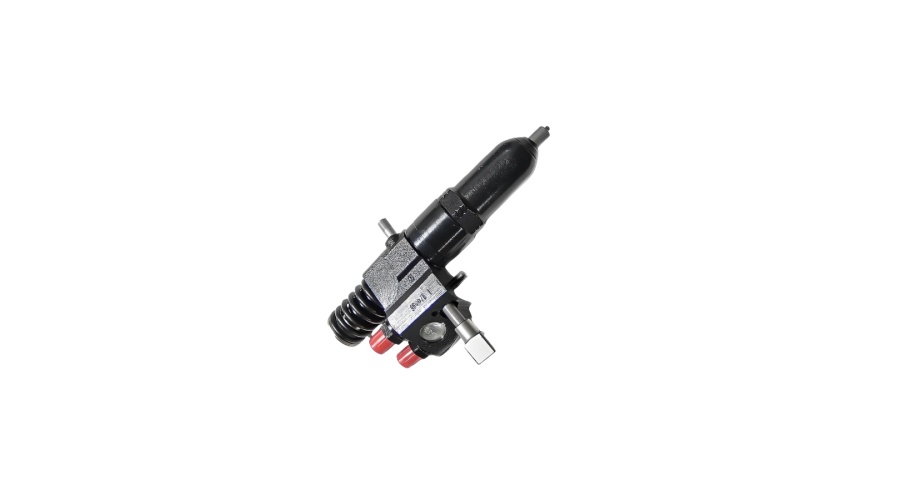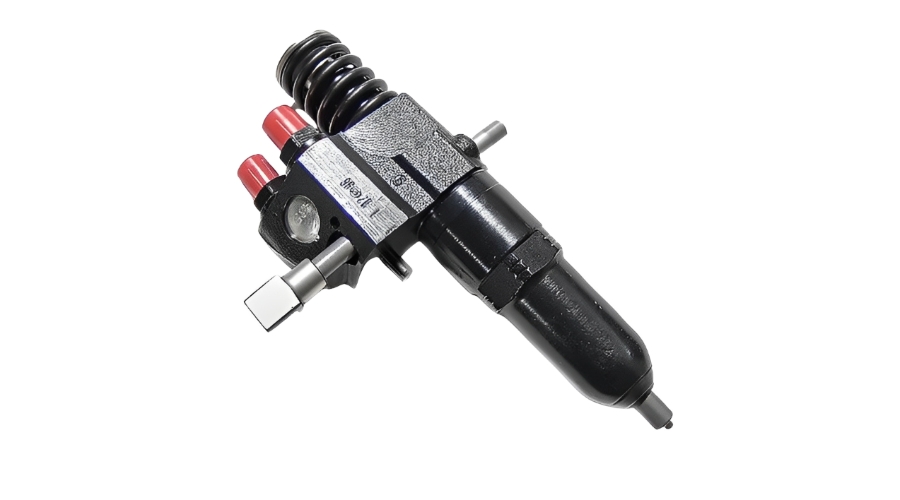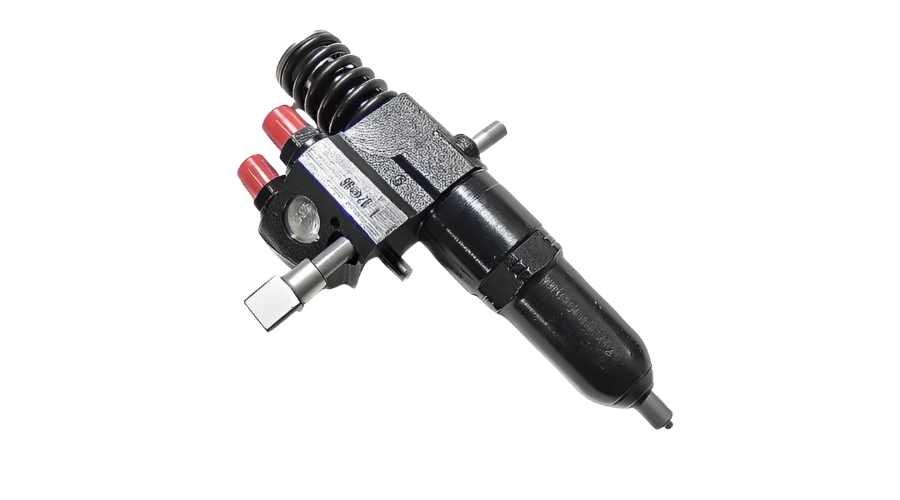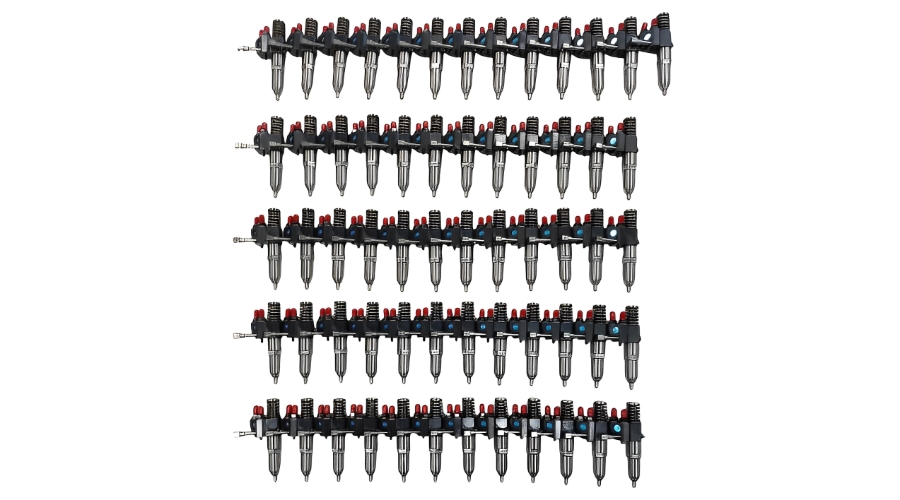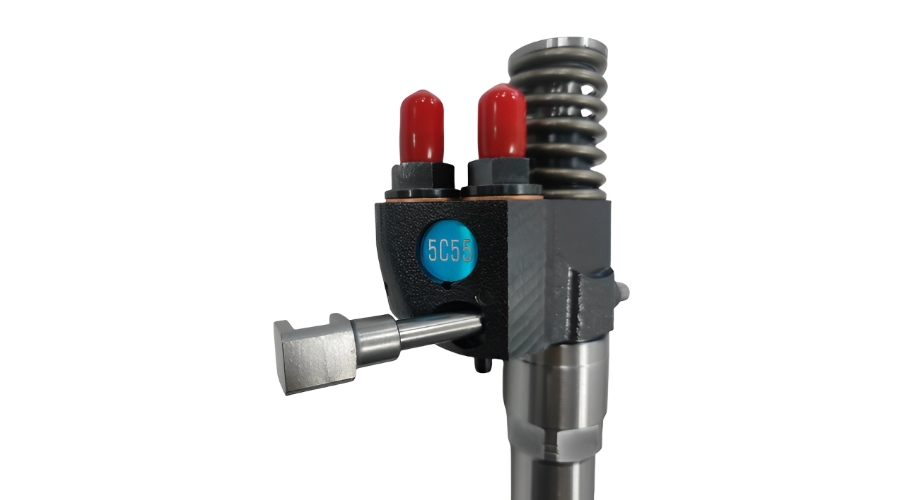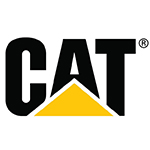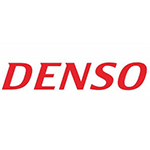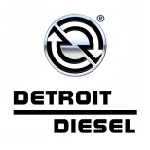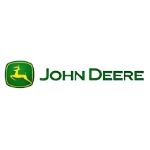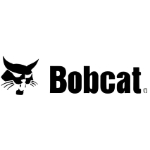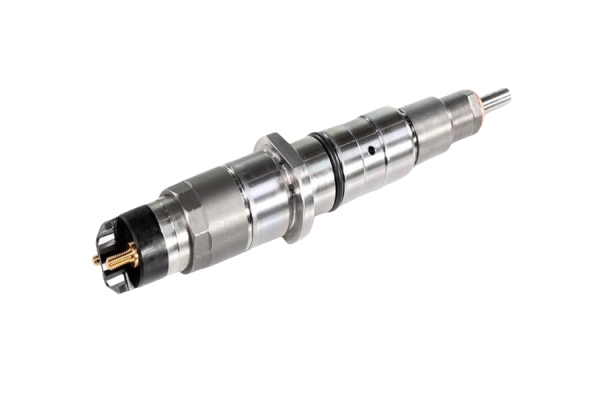The part number 5226410R to be a Detroit Diesel fuel injector, commonly used in Series 60 (S60) engines. Here’s what you should know about it:
The Detroit Diesel 5226410R fuel injector is an Electronic Unit Injector (EUI) used in Detroit Diesel Series 60 (S60) engines. Below is a breakdown of its mechanism, working principle, and advantages over traditional injectors.
Mechanism & Working Principle
The 5226410R is a high-pressure electronically controlled injector that combines fuel pumping and injection into a single unit. Here’s how it works:
Fuel Supply:
High-Pressure Generation:
When the camshaft lobe pushes the rocker arm, the injector’s plunger moves downward, compressing fuel to extremely high pressures (up to 30,000 psi or more).
Unlike common-rail systems, each EUI generates its own high pressure rather than relying on a central pump.
Electronic Control (DDEC System):
The Detroit Diesel Electronic Control (DDEC) module sends a signal to the injector’s solenoid valve.
The solenoid opens at the precise moment, allowing the high-pressure fuel to spray into the combustion chamber.
Injection timing, duration, and quantity are controlled electronically for optimal performance.
Atomization & Combustion:
The injector nozzle has microscopic holes that create a fine fuel mist for efficient combustion.
The high pressure ensures complete fuel burn, reducing emissions and improving power.
Advantages of the 5226410R EUI Injector
Compared to older mechanical injectors or even newer common-rail systems, the EUI system in the Detroit Series 60 offers several benefits:
1. Higher Fuel Efficiency
Precise electronic control ensures the exact amount of fuel is injected at the right time.
Reduces wasted fuel and improves mileage.
2. Better Performance & Power
Extremely high injection pressure improves combustion efficiency.
Delivers more horsepower and torque compared to older mechanical injectors.
3. Lower Emissions
Optimized spray pattern and timing reduce NOx, soot, and particulate emissions.
Helps meet EPA standards for heavy-duty diesel engines.
4. Reliability & Durability
Fewer external high-pressure lines (compared to common-rail systems) mean fewer leakage points.
Robust design withstands high-mileage operation in commercial trucks.
5. Self-Contained Design
Each injector works independently, so a single injector failure doesn’t shut down the entire fuel system.
Easier diagnostics with DDEC fault codes.
6. Adaptability to Engine Loads
The DDEC system adjusts injection timing based on engine speed, load, and temperature, improving responsiveness.

